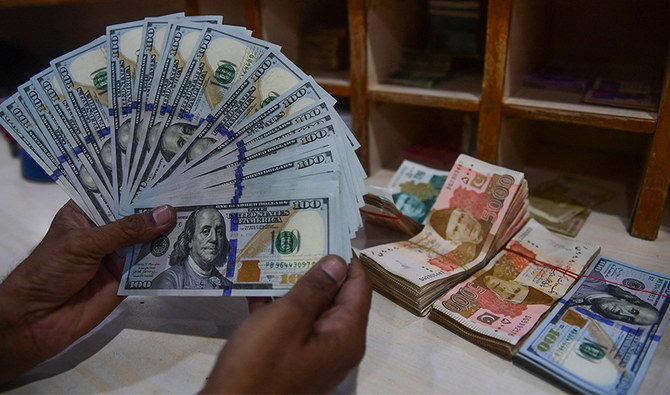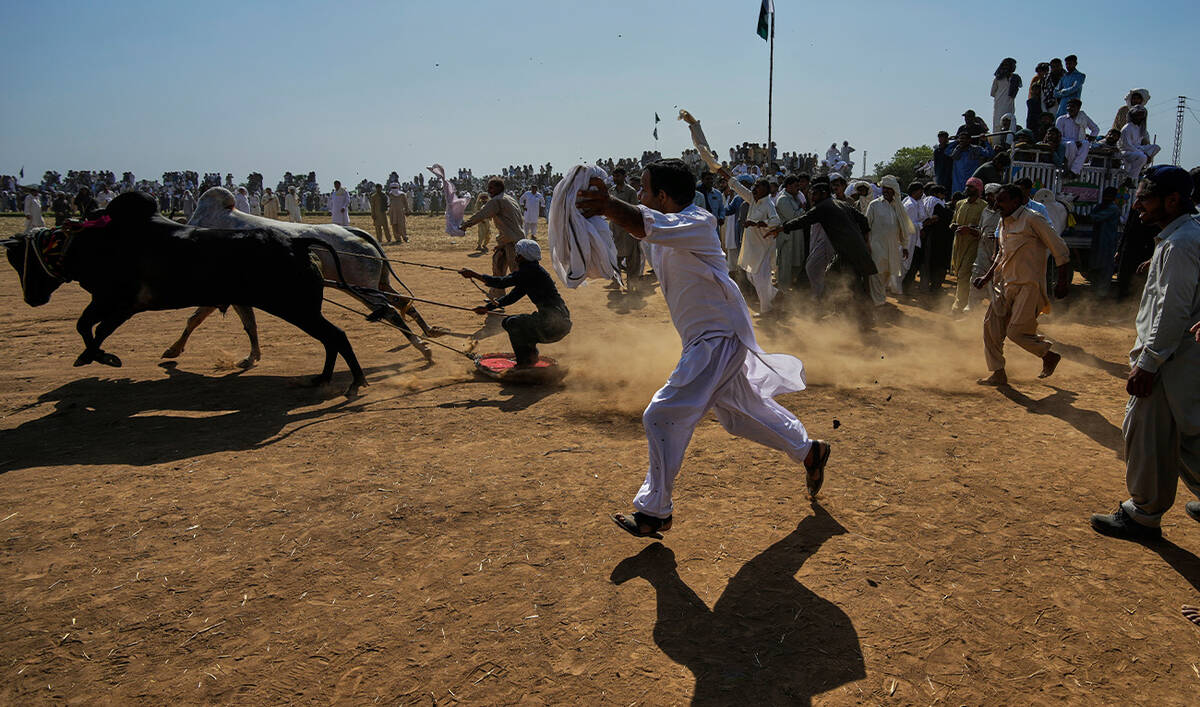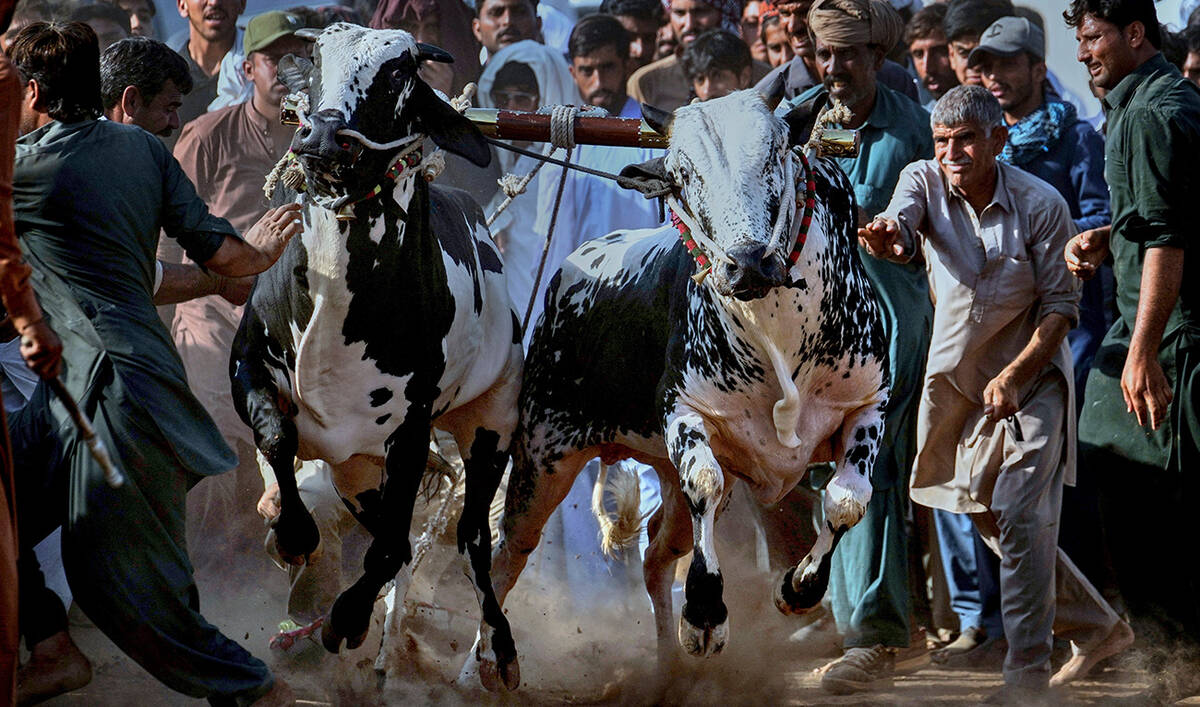ISLAMABAD: Pakistan and Iraq’s tax collection bodies have signed a convention to eliminate double taxation on income, prevent tax evasion, and promote economic cooperation between the two countries, said a statement released by the Federal Board of Revenue (FBR) in Islamabad on Thursday.
The first round of negotiations related to the convention took place between the tax delegations of both states in Pakistan’s federal capital between August 7 and 9. The two sides thrashed out multiple issues during in their detailed deliberations before reaching a consensus to sign the draft of the convention.
“The convention will not only provide safeguards against double taxation on the income of the residents of both countries but will also promote economic cooperation and enhance investments,” the FBR statement said.
It added the convention would further strengthen the existing bilateral relations between the two states while providing adequate certainty with respect to taxation rules applicable to cross-border business transactions, dividends, interests, royalties, fees for technical services, and income from automated digital services, among others.
“Taxpayers of both countries will get relief from double taxation resulting in further boosting the trading activities in both countries,” the statement added.
Relations between Pakistan and Iraq have received a boost with a number of ministerial-level exchanges in recent years.
Earlier this month, Pakistan’s former interior minister, Rana Sanaullah, who is part of the outgoing cabinet of Prime Minister Shehbaz Sharif, embarked on an official visit to the Iraqi capital, Baghdad, to discuss a range of bilateral issues with the Iraqi leadership.
In August last year, Iraq’s foreign minister Dr. Fuad Hussein visited Islamabad to discuss ways to strengthen bilateral relations.


















